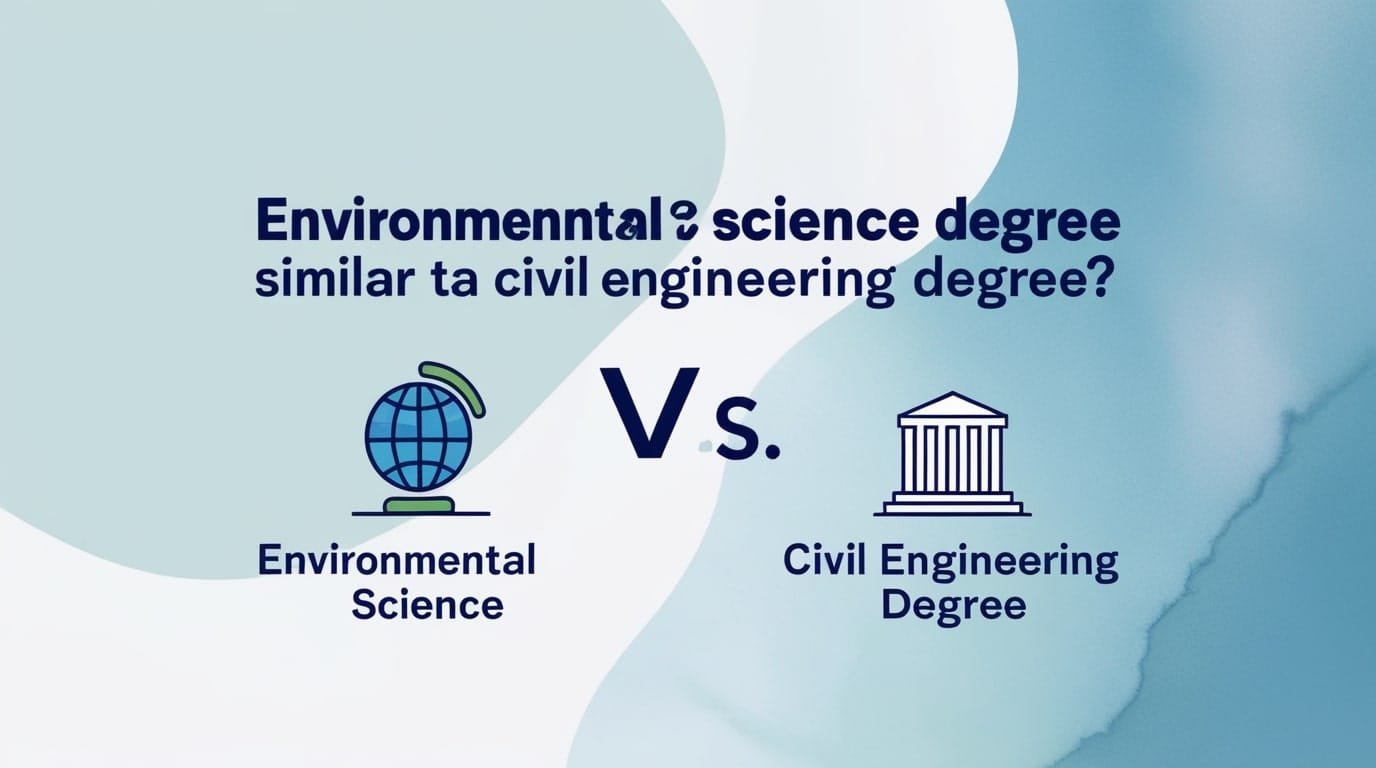Civil engineering technicians play a big role in keeping America’s infrastructure strong. From bridges and roads to water systems and rail lines, their work supports every structure we use daily. This career guide for civil engineering technicians in the USA gives you everything you need to know—from job roles and skills to salaries and growth trends. Whether you’re just starting out or switching careers, this article will help you understand if this path is right for you.
What Is a Civil Engineering Technician?
A civil engineering technician works closely with civil engineers to build, test, and maintain infrastructure projects. These projects include highways, bridges, airports, drainage systems, and public utilities. Technicians help by translating blueprints into real-world results, doing inspections, and handling documentation.
Their main task is to support the engineer’s plans. That includes blueprint interpretation, CAD drawing technician tasks, rebar inspection, and field data collection. They work both indoors and outside, balancing office work with onsite responsibilities. This makes it one of the most versatile entry-level engineering jobs in the U.S.
What Does a Civil Engineering Technician Do?
Their daily work depends on the project phase. In the design stage, they work as drafting technicians, creating accurate maps, layouts, and 3D models using AutoCAD or Civil 3D software. In the field, they help with material testing, trench inspection, and quality control.
Civil techs assist with construction inspection, document project milestones, and ensure safety protocols are followed. They may act as a surveying assistant or support site supervision by taking field measurements and recording progress using tools like drones in site surveying or total stations.
Education and Skills Required
To begin this career, you need an associate degree in civil engineering technology. These programs teach students surveying fundamentals, technical communication skills, and quality control in construction. High school courses in math and science also provide a strong base.
You’ll need to learn tools like AutoCAD, Civil 3D, and BIM software knowledge. Strong blueprint reading skills are essential, especially when shifting from the office to fieldwork. Most techs start with an internship in civil tech or gain experience through a co-op program. These real-world opportunities help you learn fast and build connections.
How to Become a Civil Engineering Technician in the USA
To become a civil technician in the USA, follow a few key steps. First, graduate high school with strong grades in geometry, physics, and algebra. Then, complete an engineering technology degree from an accredited technical college.
After graduation, seek hands-on training through internships. Many students choose to earn their NICET certification, which is highly respected in the field. Having CAD proficiency, OSHA training, and an engineering technician license makes you more competitive in job applications.
Career Growth and Job Ladder
The technician role is a great first step in the technical career ladder. With experience, you can become a site supervisor, project coordinator, or even return to school and become a licensed civil engineer by completing a civil engineering degree and passing the Professional Engineer license (PE) exam.
You can also specialize in areas like transportation engineering tech, water systems technician, or structural engineering. Some go into infrastructure project management or work for government civil engineering jobs. It’s a flexible career with upward momentum.
Salary Guide for Civil Engineering Technicians
Here is a snapshot of civil technician income by employer type:
| Employer | Average Annual Salary |
|---|---|
| AECOM | $93,600 |
| Jacobs Engineering | $80,000 |
| HDR Inc. | $82,000 |
| WSP Global | $82,500 |
| Stantec | $78,500 |
| Kiewit Corporation | $85,000 |
| Bechtel | $88,000 |
| DC Water | $75,000 |
| City of Los Angeles civil jobs | $84,020 |
| City of Cincinnati public works | $79,525 |
The average technician salary in the U.S. ranges between $58,000 and $72,000. Entry-level workers start around $45,000, while experienced techs with engineering certification programs or advanced skills can earn above $80,000. Cost of living and technician pay vary by state and city. For example, civil technician jobs in USA cities like Los Angeles, DC, and Cincinnati often offer higher pay than rural areas.
Job Outlook and Future Demand
The BLS job outlook shows steady demand for civil technicians. There is a growing need due to aging infrastructure, public utility upgrades, and new projects in green construction trends. The U.S. also faces a construction industry labor shortage, which increases the demand for skilled techs.
There’s a rising gap in the infrastructure workforce, especially in transportation and public water systems. This opens up doors for career stability in civil tech, especially in cities hiring for state DOT, federal contractors, or private engineering firms. The growth of sustainable infrastructure roles also adds value to your resume.
Top Companies and Employers
Several top employers are always hiring civil techs. These include private giants like AECOM, Jacobs Engineering, HDR Inc., and WSP Global. Construction firms like Kiewit Corporation and Bechtel also pay well and offer nationwide projects.
On the government side, City of Los Angeles civil jobs and City of Cincinnati public works are known for good salaries and strong benefits. Water utilities like DC Water are also key employers. Overall, private vs public sector technician roles both offer stability, with slight variation in pay and perks.
A Day in the Life of a Civil Engineering Technician
Your day starts early. In the morning, you head to the site for a rebar inspection or field data collection. Using a blueprint scanner tool, you compare actual construction to the design. You check the soil compaction and report any issues.
In the afternoon, you’re back at the office updating digital drawings or submitting reports. You use your skills as a technical drawing specialist to revise plans and help the engineer troubleshoot. You log data using field inspection logs and share results with supervisors.
Pros and Cons of the Career
This career offers high variety, decent pay, and job security. You get to work with both tech and people, and no two days are the same. It’s a solid way to enter the engineering field without spending four years in college. The blend of tech skills and fieldwork keeps things interesting.
On the downside, weather and site conditions can be tough. You may need to travel and work overtime during major builds. Advancement may also require more schooling. Still, it’s one of the top entry-level construction tech jobs with long-term benefits.
Final Thoughts
Becoming a civil engineering technician is one of the best ways to join the infrastructure field quickly. You can earn a strong salary, develop in-demand skills, and build a long-term career. Whether you’re drawn to CAD software training, fieldwork, or design, this job lets you put your talents to work.
From city streets to national highways, civil techs are the heartbeat of America’s infrastructure. Now is the time to take that first step toward a future in this essential and respected profession.
Frequently Asked Questions
➊ What is the difference between a civil engineer and a technician?
A civil engineer handles design and planning. A technician supports the engineer by collecting data, inspecting sites, and assisting in execution.
➋ How long does it take to be a civil engineering technician?
It usually takes about 2 years to complete an associate degree and gain practical experience through internships or co-op programs.
➌ What is the highest salary for an engineering technician?
Experienced engineering technicians can earn over $90,000 annually, especially in government or specialized infrastructure projects.
➍ What is the work of an engineering technician?
They prepare CAD drawings, perform site inspections, test materials, and ensure that construction follows engineering plans accurately.
➎ Do technicians get paid more than engineers?
No, licensed engineers usually earn more due to their responsibility, but senior technicians with certifications can earn very competitive wages.
➏ What is a civil engineering technician?
A civil engineering technician is a skilled professional who assists engineers in planning, testing, and executing construction and infrastructure projects.





